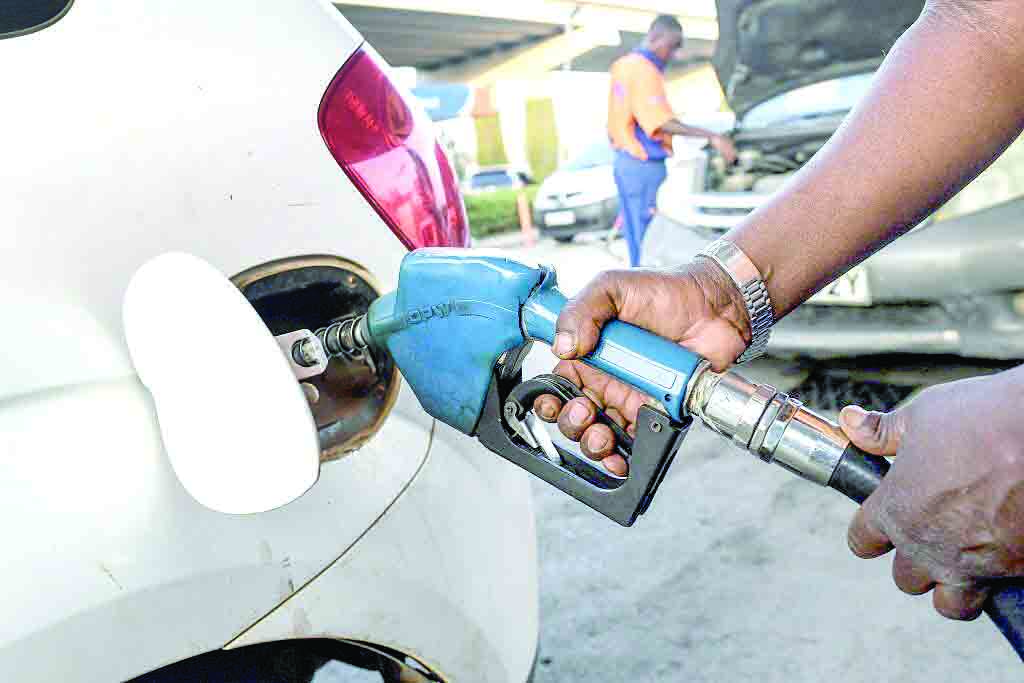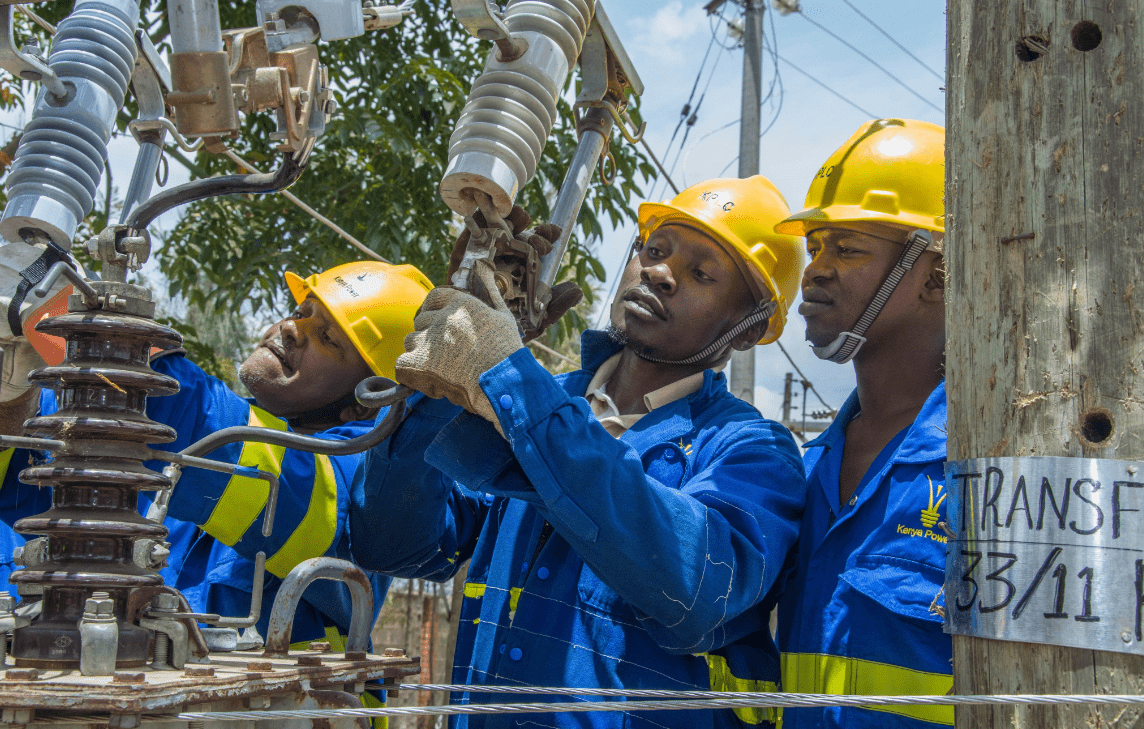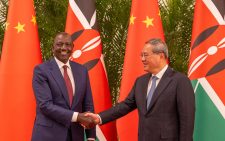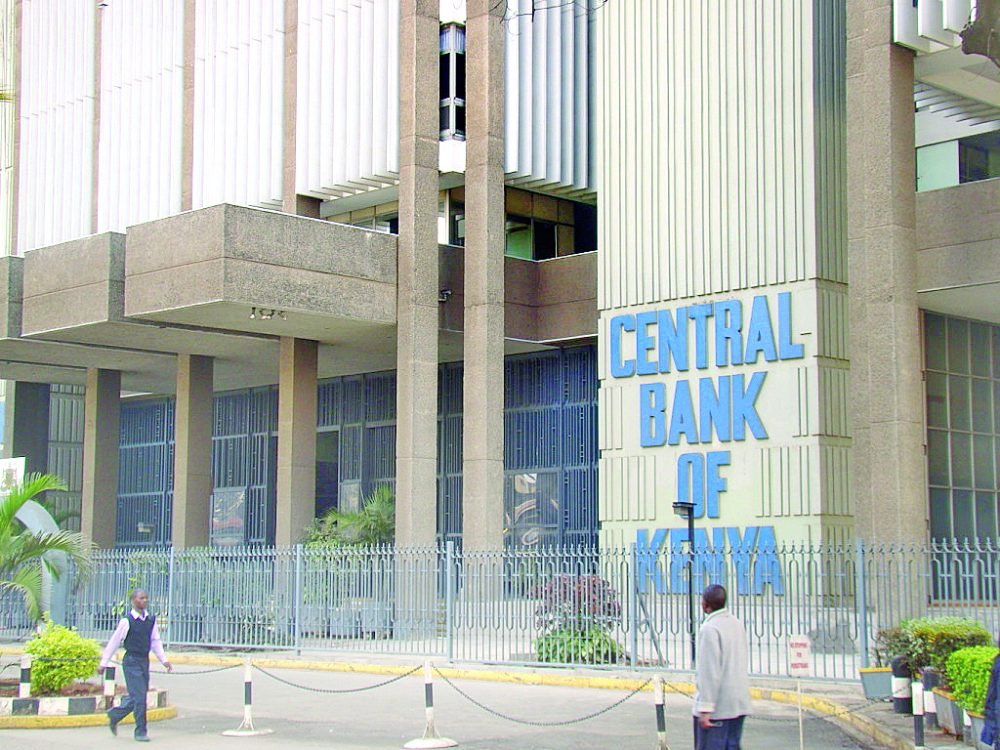Fuel costs to jump by Sh12 in July on fresh VAT rating

The cost of fuel could increase by more than Sh10 from July if the proposal by President William Ruto’s administration to double the value-added-tax (VAT) on petroleum products is ratified by Parliament.
In the Finance Bill 2023 released last week, the government has scrapped the sections of the law that halved VAT on all petroleum products to eight per cent, meaning it will revert to the previous rate of 16 per cent.
Taxable value
If passed, VAT charges on a litre of petrol and diesel will therefore shoot to Sh26.6 and Sh24, respectively. Kerosene will now cost an extra Sh21.6 per litre due to VAT. The current VAT charges on the products are Sh13.28, Sh12, and Sh10.8 per litre, respectively. “In any other case, 16 per cent of the taxable value of the taxable supply, the value of imported taxable goods or the value of a supply of imported taxable services,” read part of the Finance Bill 2023.
The decision to revert the VAT charges is part of plans to ramp up revenue collection for the upcoming financial year while also filling collection gaps that is likely to be created by the VAT exemption on cooking gas from July.
The usage of cooking gas is way lower compared to the consumption of petrol and diesel in the country, indicating that the increase is likely to hit the majority of Kenyans.
Former regime slashed the VAT on the petroleum products from 16 per cent to 8 per cent in 2018 to cushion households from costly fuel and ease the cost of living.
This gain is, however, likely to be erased considering the current high inflation. Energy prices always impact key economic sectors like agriculture, transport services, and manufacturing, and any price increase always has a ripple effect on the price of end products.
This will pile additional pressure on households considering that the cost of transport and energy has a significant weight in the basket of goods and services consumed in the country. The country’s inflation dropped significantly to 7.9 per cent end of April from a historic high of 9.2 per cent in March.
Under the Finance Bill, Liquefied petroleum gas (LPG), raw material for the manufacture of fertiliser, and improved tea for export will be exempted from value-added-tax (VAT) if Parliament approves proposals that are aimed at bolstering economic growth through President Ruto’s Bottom-up Economic Transformation Agenda (BETA).
Pest control products
The Bill also seeks tax exemptions on the transportation of sugarcane from farms to milling factories as well as raw material for pharmaceutical and pest control products manufacture.
LPG is currently subjected to taxes at the rates of 8 per cent VAT, Import Declaration Fees (IDF), and Railway Development Levy (RDL).
The Finance Bill 2023 now proposes to exempt LPG from all these taxes and levies.














